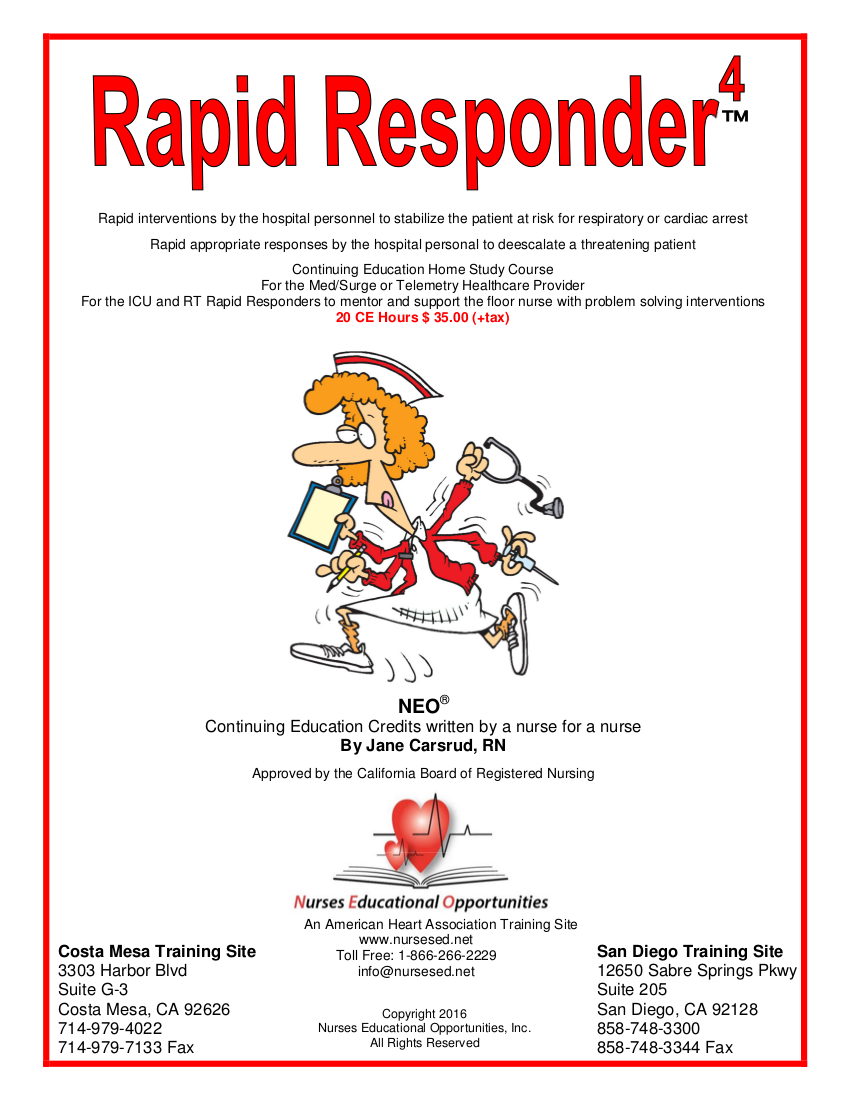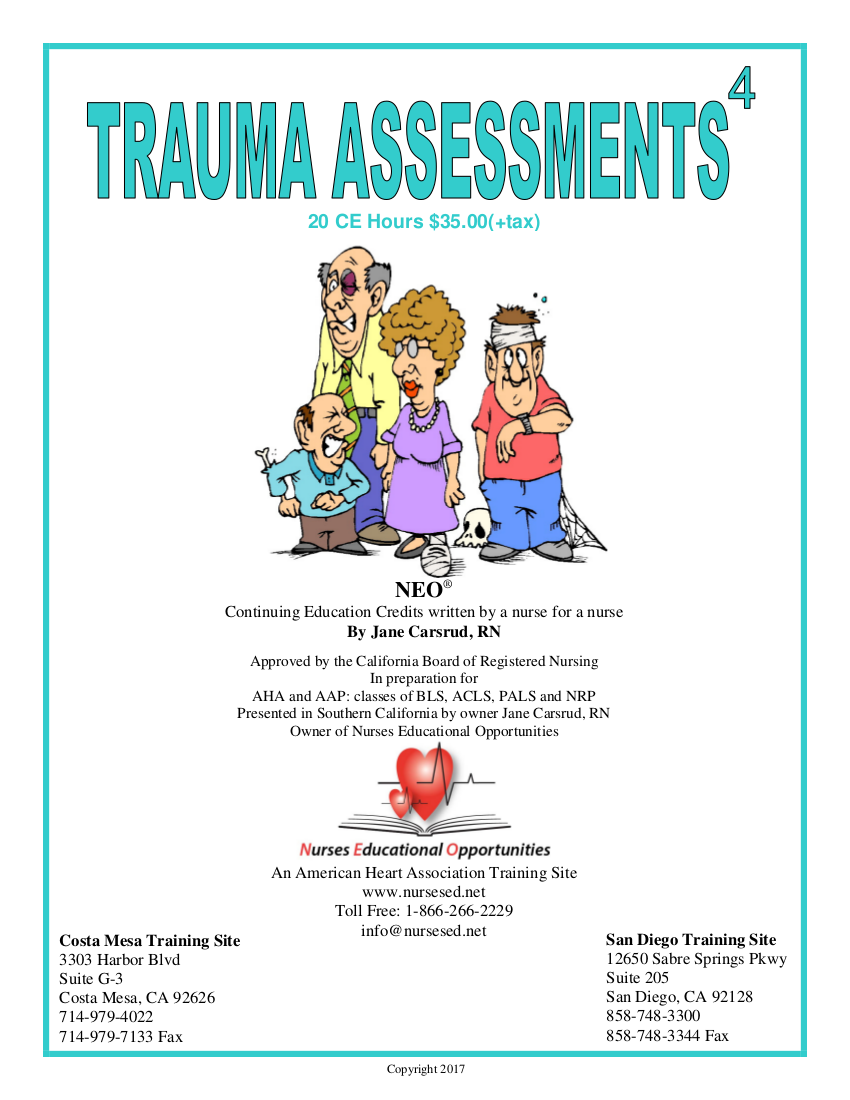
Patient-Family Centered Care
When a child becomes ill, the entire family needs care. In order to create a true healing environment, we must make every effort to keep families together, communicate fully and frequently, and make shared decisions. Patients and families are partners in care. This is referred to as Patient & Family Centered Care, or PFCC.
The following principles provide a foundation for Patient and Family Centered Care:
- We treat patients and families with dignity and respect.
- We provide clear, comprehensive information in ways that are useful and empowering.
- We create opportunities for patients and families to participate in ways that enhance their control and independence.
- We ensure that collaboration is inherent in our policies, programs, education and delivery of care; healthcare services that are truly Patient-Family Centered.
- Understanding and respecting patients’ cultural traditions, their personal preferences and values, their family situations and their lifestyles.
- Giving patients and their families the opportunity to make choices about many aspects of their care and the health care service delivery process.
- Involving patients and their loved ones as part of the care team, and collaborating with healthcare professionals in making clinical decisions about their health care services
- Putting responsibility for important aspects of self-care and monitoring in patients’ hands – along with the tools and support they need.
- Ensuring that transitions between providers, departments and healthcare settings are respectful, coordinated and efficient.
At the heart of patient-family centered care is the belief that healthcare staff and the family are partners, working together to best meet the needs of the child. Excellence in health care happens when we work together and honor the experience that each of us brings to every health encounter. Patient-family centered care is a continual effort to be responsive to the needs and choices of each family.
The core concepts of Patient-Family Centered care are:
- Dignity and Respect. – To listen to and honor patient and family ideas and choices and to use patient and family knowledge, values, beliefs and cultural backgrounds to improve care planning and delivery.
- Information Sharing – To communicate and share complete and unbiased information with patients and families in useful ways. Patients and families receive timely, complete and accurate details so they can take part in care and decision making.
- Involvement – To encourage and support patients and families in care and decision- making at the level they choose.
- Collaboration – To invite patients and family members to work together with healthcare staff to develop and evaluate policies and programs.
The Core Concepts of Patient-Family Centered Care places value on:
- Recognizing that each child and each family is unique. Families have different personalities, life experiences, values, beliefs, education and religious and cultural backgrounds. Care provided should be equal to all patients and flexible so that the needs and choices of families can be met.
- Open, honest communications between patients, their families, and healthcare staff. Being willing to talk about the bad as well as the good is important for changing, improving, and developing best care practices and policies. This kind of clear communication enhances both the patient’s and family’s healthcare experience.
- Empowering of families to join in their child’s healthcare journey. When families and patients understand their options, they are empowered to be involved in their child’s care.
- Acknowledging that families are allies for quality and safety with the healthcare system. By working together, families and staff are strengthened by their partnership and shared knowledge. This results in the highest quality of care.
Healthcare service that is truly patient- and family-centered includes:
- Understanding and respecting patients’ cultural traditions, their personal preferences and values, their family situations and their lifestyles.
- Giving patients and their families the opportunity to make choices about many aspects of their care and the healthcare service delivery process.
- Involving patients and their loved ones as part of the care team, collaborating with health care professionals in making clinical decisions about their healthcare services.
- Putting responsibility for important aspects of self-care and monitoring in patients’ hands – along with the tools and support they need.
- Ensuring that transitions between providers, departments and healthcare settings are respectful, coordinated and efficient.
Mott recognizes that we are not only a “children’s hospital,” but also a family hospital. When a child becomes ill, the entire family needs care. In order to create a true healing environment, we must make every effort to keep families together, communicate fully and frequently, and make shared decisions. We view patients and family as partners in care. We call this Patient & Family Centered Care, or PFCC.
Patient & Family Centered Care is a model of providing care that recognizes and respects the uniqueness of each family and encourages and empowers families to partner with health care providers. Opinions are asked, values are respected, and family members are viewed as key members of their child’s healthcare team. This partnership will provide your child with the best opportunity to heal.




